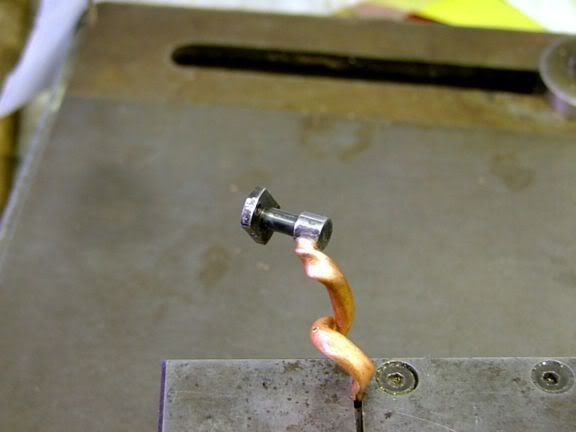- Joined
- Jul 1, 2012
- Messages
- 475
- Reaction score
- 412
Hello friends
I am machining my first steam engine and I would like to know
if I can soft solder engine tubes for steam distribution.
I know that boiler must be hard soldered but copper tubes on
engine ???? //I think tube joints on engine are cooler //
Thank you for your advices.
I am machining my first steam engine and I would like to know
if I can soft solder engine tubes for steam distribution.
I know that boiler must be hard soldered but copper tubes on
engine ???? //I think tube joints on engine are cooler //
Thank you for your advices.

































































